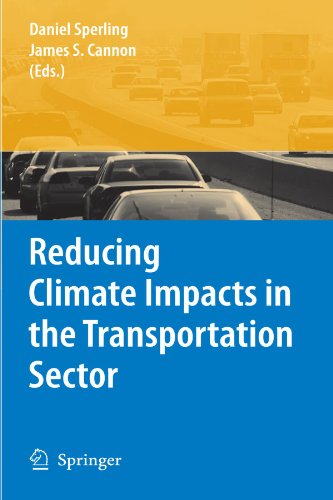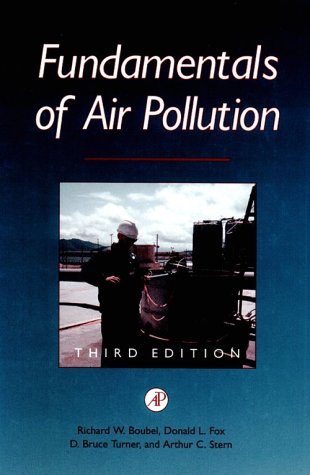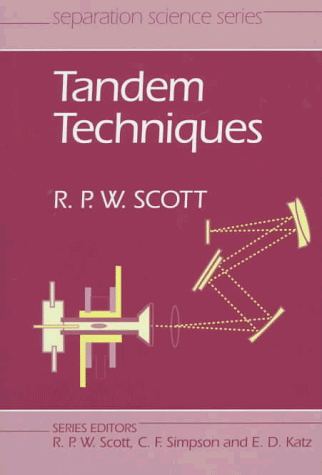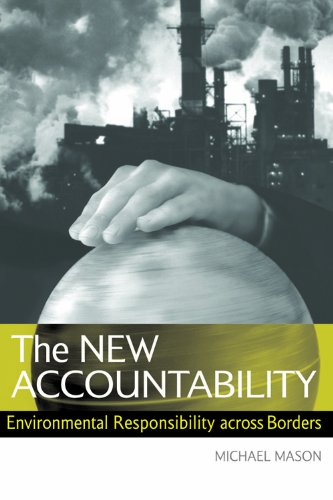Dan Sperling, James Cannon, Nic Lutsey (auth.), James S. Cannon, Daniel Sperling (eds.)1402069782, 9781402069789, 9781402069796
More than 250 experts from around the world gathered at the Asilomar Transportation and Energy Conference in August 2007 to tackle what many agree is the greatest environmental challenge the world faces: climate change. This 11th Biennial Conference, organized under the auspices of the Energy and Alternative Fuels Committees of the U.S. Transportation Research Board, examined key climate change policy issues and strategies to combat climate impacts from the transportation sector, a leading source of greenhouse gas emissions. This book includes chapters by leading presenters at the Asilomar Conference that reflect the most current views of the world’s experts about a critical and rapidly evolving energy and environmental problem.
The chapters in this book examine increasing worldwide emissions of greenhouse gases, uncertain oil supply, evolving climate change science, public attitudes toward climate change, and the implications for the U.S. of growth in China, India and elsewhere. They propose methods to reduce growth in vehicle travel through alternative fuel, new technologies, and land use planning. They examine the costs and the potential for greenhouse gas reduction through deployment of advanced technology and alternative fuels and propose strategies to motivate consumers to buy fuel efficient and alternative fuel vehicles, including heavy duty trucks.
Audience:
Professionals in government, academic, environmental organizations, the automotive and energy industries, the knowledgable and engaged public.
Table of contents :
Front Matter….Pages i-x
Climate Change and Transportation….Pages 1-14
Energy Security, Climate and Your Car: US Energy Policy and Beyond….Pages 15-34
Transport Policy and Climate Change….Pages 35-48
Factor of Two: Halving the Fuel Consumption of New U.S. Automobiles by 2035….Pages 49-71
Lead Time, Customers, and Technology: Technology Opportunities and Limits on the Rate of Deployment….Pages 73-100
Heavy Duty Vehicle Fleet Technologies for Reducing Carbon Dioxide: An Industry Perspective….Pages 101-116
Beyond Congestion: Transportation’s Role in Managing VMT for Climate Outcomes….Pages 117-137
CO 2 Reduction Through Better Urban Design: Portland’s Story….Pages 139-157
Transportation-Specific Challenges for Climate Policy….Pages 159-171
Are Consumers or Fuel Economy Policies Efficient?….Pages 173-179
Fuel Economy: The Case for Market Failure….Pages 181-205
Back Matter….Pages 207-229







Reviews
There are no reviews yet.